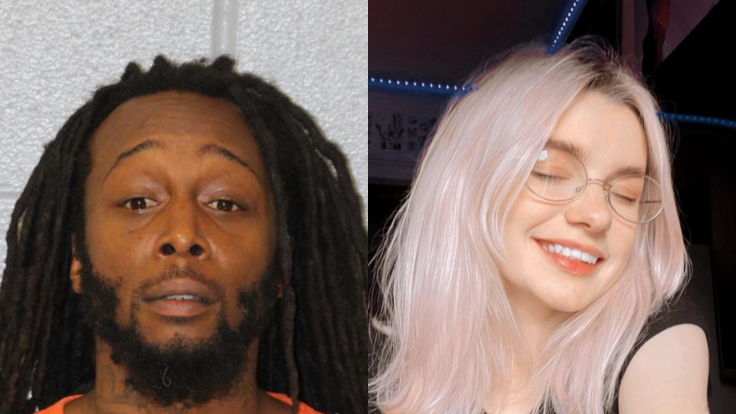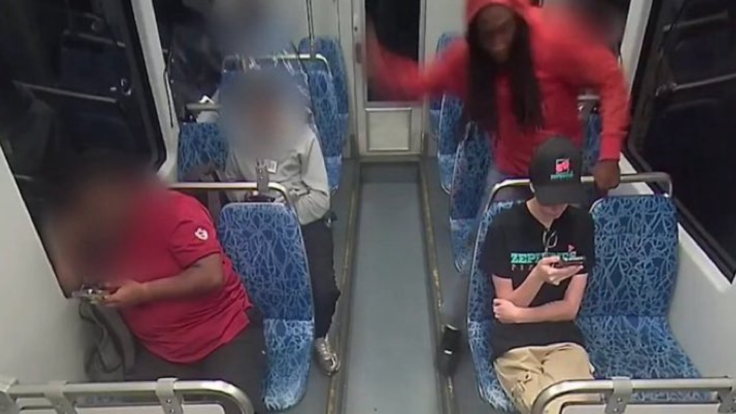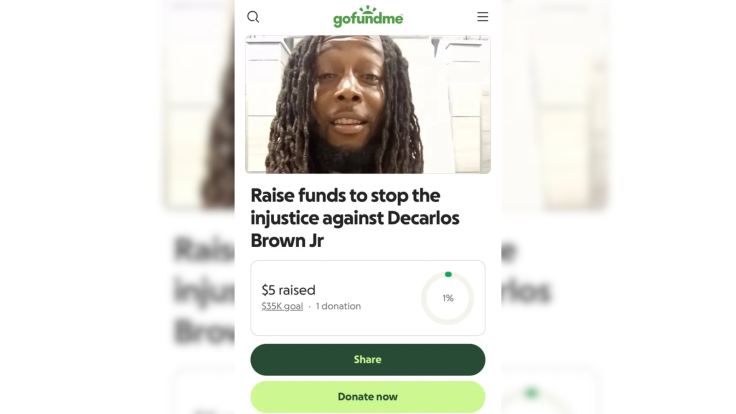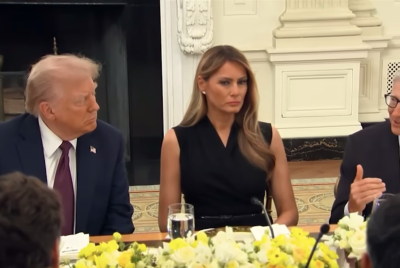GoFundMe Removes Fundraiser for Man Who Stabbed Helpless Ukranian Refugee To Death
Crowdfunding site shuts down fundraiser for alleged killer of Ukrainian refugee after backlash.

GoFundMe has removed multiple fundraising pages supporting the man accused of brutally murdering a Ukrainian refugee on a Charlotte train, following a storm of public outrage that branded the campaigns 'sickening' and 'horrific'.
The crowdfunding platform confirmed on 8 September 2025 that it had taken down all pages set up for Decarlos Brown Jr, the 34-year-old man charged with stabbing 23-year-old Iryna Zarutska to death on the Lynx Blue Line on 22 August. The company said the campaigns breached its terms of service, which bar fundraising for individuals charged with violent crimes.
The fundraisers had attempted to frame Brown as a victim of systemic racism and judicial failures, despite his extensive criminal record spanning 14 arrests and a previous six-year prison sentence for armed robbery.
How the Attack Unfolded
Zarutska, who had fled the war in Ukraine for safety in the United States, was travelling on the light-rail service when Brown reportedly launched an unprovoked assault. Surveillance footage showed Brown pulling a knife and stabbing Zarutska multiple times, including in the neck.
Passengers on board were left horrified, with some attempting to raise the alarm. Brown is alleged to have exited at the next stop before being arrested later that day. Prosecutors have since charged him with first-degree murder.
Public anger grew when fundraisers described Brown as a victim of injustice, ignoring both the brutality of the killing and Zarutska's vulnerable status as a refugee seeking protection. Social media users labelled the campaigns 'sickening' and 'horrific', demanding GoFundMe step in.

Why the Fundraiser Was Removed
GoFundMe said the accounts violated clear policy: funds cannot be raised for legal defence costs of those accused of violent offences. The platform has faced criticism in the past for inconsistent enforcement, but in this case, it acted swiftly once alerted.

By contrast, a separate page launched to support Zarutska's grieving family remains active. That campaign has raised more than $75,000, money expected to help cover funeral costs and provide assistance for her relatives as they cope with the loss. The contrast between the two campaigns has underscored how online fundraising platforms can quickly become arenas for public debate over justice and morality.
Broader Implications and What Comes Next
The murder of a young refugee who had already fled conflict has struck a chord internationally, with calls for stronger protection for newcomers and scrutiny of the systems that allowed Brown, a man with at least fourteen prior arrests, to remain at large.
In Charlotte, community groups have held vigils for Zarutska, emphasising both her courage in seeking a new life and the senselessness of her death. Ukrainian diaspora organisations in the United States have also rallied around her family, framing her story as a tragic reminder of displaced lives cut short.
For GoFundMe, the controversy has reignited questions about how platforms should regulate fundraising. Campaigns can emerge rapidly in the wake of violent incidents, but balancing free expression with respect for victims remains fraught. The company has said it will continue reviewing flagged fundraisers to ensure victims are not further harmed by online exploitation.
As Brown awaits trial, the focus is now shifting to Zarutska's family and the broader lessons about digital accountability, community safety and the treatment of refugees. Her killing has already influenced debate around crime, homelessness, and platform ethics issues likely to remain in the public eye long after the courtroom proceedings conclude.
© Copyright IBTimes 2025. All rights reserved.





















